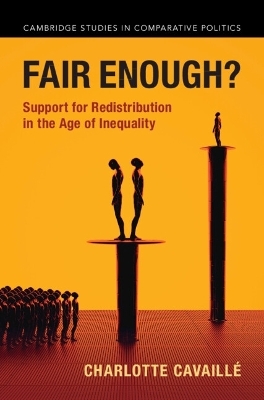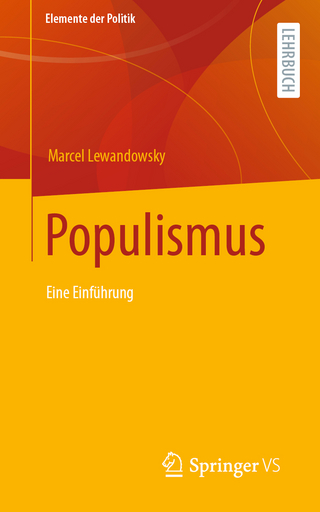
Fair Enough?
Support for Redistribution in the Age of Inequality
Seiten
2023
Cambridge University Press (Verlag)
978-1-009-36606-9 (ISBN)
Cambridge University Press (Verlag)
978-1-009-36606-9 (ISBN)
What explains the public's muted response to rising inequality? To answer this question, this book carefully unpacks the interaction between fairness concerns and material self-interest. The proposed framework helps explain puzzling trends in support for redistribution in Great Britain, the United States, France and beyond.
Fair Enough? proposes and tests a new framework for studying attitudes toward redistributive social policies. These attitudes, the book argues, are shaped by at least two motives. First, people support policies that increase their own expected income. Second, they support policies that move the status quo closer to what is prescribed by shared norms of fairness. In most circumstances, saying the “fair thing” is easier than reasoning according to one's pocketbook. But there are important exceptions: when policies have large and certain pocketbook consequences, people take the self-interested position instead of the 'fair' one. Fair Enough? builds on this simple framework to explain puzzling attitudinal trends in post-industrial democracies including a decline in support for redistribution in Great Britain, the erosion of social solidarity in France, and a declining correlation between income and support for redistribution in the United States.
Fair Enough? proposes and tests a new framework for studying attitudes toward redistributive social policies. These attitudes, the book argues, are shaped by at least two motives. First, people support policies that increase their own expected income. Second, they support policies that move the status quo closer to what is prescribed by shared norms of fairness. In most circumstances, saying the “fair thing” is easier than reasoning according to one's pocketbook. But there are important exceptions: when policies have large and certain pocketbook consequences, people take the self-interested position instead of the 'fair' one. Fair Enough? builds on this simple framework to explain puzzling attitudinal trends in post-industrial democracies including a decline in support for redistribution in Great Britain, the erosion of social solidarity in France, and a declining correlation between income and support for redistribution in the United States.
Charlotte Cavaillé is an assistant professor at the University of Michigan's Gerald R. Ford School of Public Policy.
1. Demand for redistribution in the age of inequality; I. Demand for redistribution: A conceptual framework: 2. What is fair; 3. Unpacking demand for redistribution; 4. As if self-interested? The correlates of fairness beliefs; 5. When material self-interest trumps fairness reasoning; II. Changes in demand for redistribution: 6. Explaining stability and change; 7. Fiscal stress and the erosion of social solidarity; 8. Partisan dynamics and mass attitudinal change; 9. How proportionality beliefs form; 10. The nature and origins of reciprocity beliefs; Conclusion; Index.
| Erscheinungsdatum | 09.09.2023 |
|---|---|
| Reihe/Serie | Cambridge Studies in Comparative Politics |
| Zusatzinfo | Worked examples or Exercises |
| Verlagsort | Cambridge |
| Sprache | englisch |
| Maße | 158 x 235 mm |
| Gewicht | 600 g |
| Themenwelt | Sozialwissenschaften ► Politik / Verwaltung ► Vergleichende Politikwissenschaften |
| ISBN-10 | 1-009-36606-8 / 1009366068 |
| ISBN-13 | 978-1-009-36606-9 / 9781009366069 |
| Zustand | Neuware |
| Haben Sie eine Frage zum Produkt? |
Mehr entdecken
aus dem Bereich
aus dem Bereich
Geschichte, Parteistruktur, Radikalisierung
Buch | Softcover (2024)
UTB (Verlag)
27,90 €


